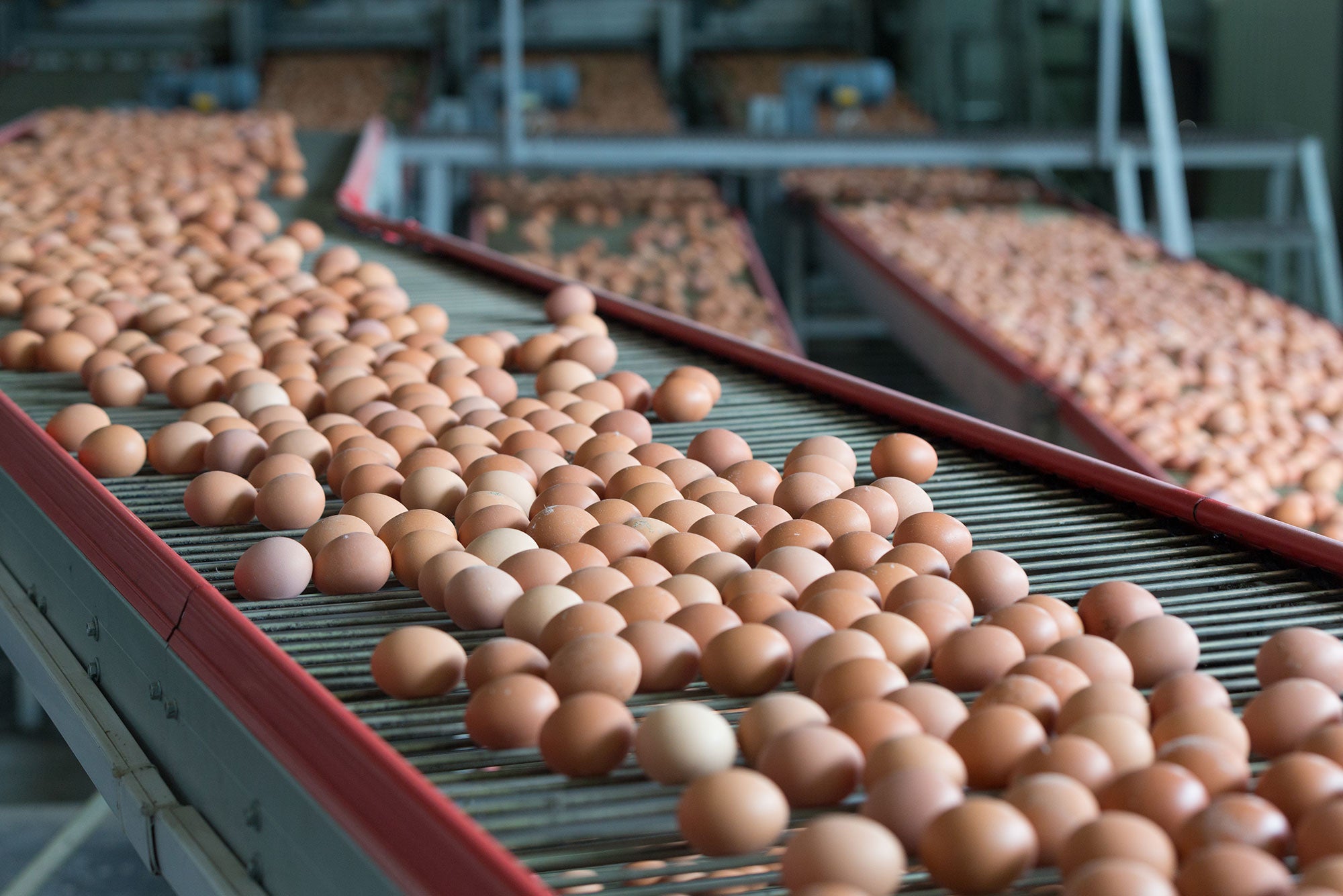The U.S. Department of Agriculture is developing a formal plan to vaccinate poultry against highly pathogenic avian influenza. The move, which is still in the planning stages, could reshape disease prevention and global poultry trade alike.
The USDA confirmed that it’s working with state regulators and poultry industry leaders to outline a national vaccination strategy, according to Reuters. This comes after mounting pressure from egg and turkey producers devastated by the ongoing bird flu outbreak, which has led to the culling of nearly 175 million birds since 2022.
The outbreak, which is widely considered the worst animal-health emergency in U.S. history, has driven egg prices to record highs, led to shortages on store shelves, and increased poultry imports from Brazil, Turkey, and South Korea.
To address this, the USDA is working on a framework that would allow foreign governments to review the vaccination and surveillance protocols ahead of any widespread rollout. That draft plan is expected in July 2025.

According to draft suggestions submitted by United Egg Producers, the vaccination approach could include:
- A dose administered early in life
- A booster shot during development
- Routine surveillance testing every few weeks
Importantly, any flocks testing positive for HPAI, even if vaccinated, would still be culled, a policy meant to reassure trading partners.
Zoetis, a New Jersey-based vaccine manufacturer, has received a license from the USDA, signaling that the vaccine meets federal standards for safety and has a “reasonable expectation” of effectiveness, according to a company spokesperson.
Since the outbreak began, the USDA has spent more than $1 billion compensating producers for lost birds and committed an additional $100 million to fund vaccine research and mitigation tools.
»Related: Paper-based test offers fast, field-ready detection of avian flu

